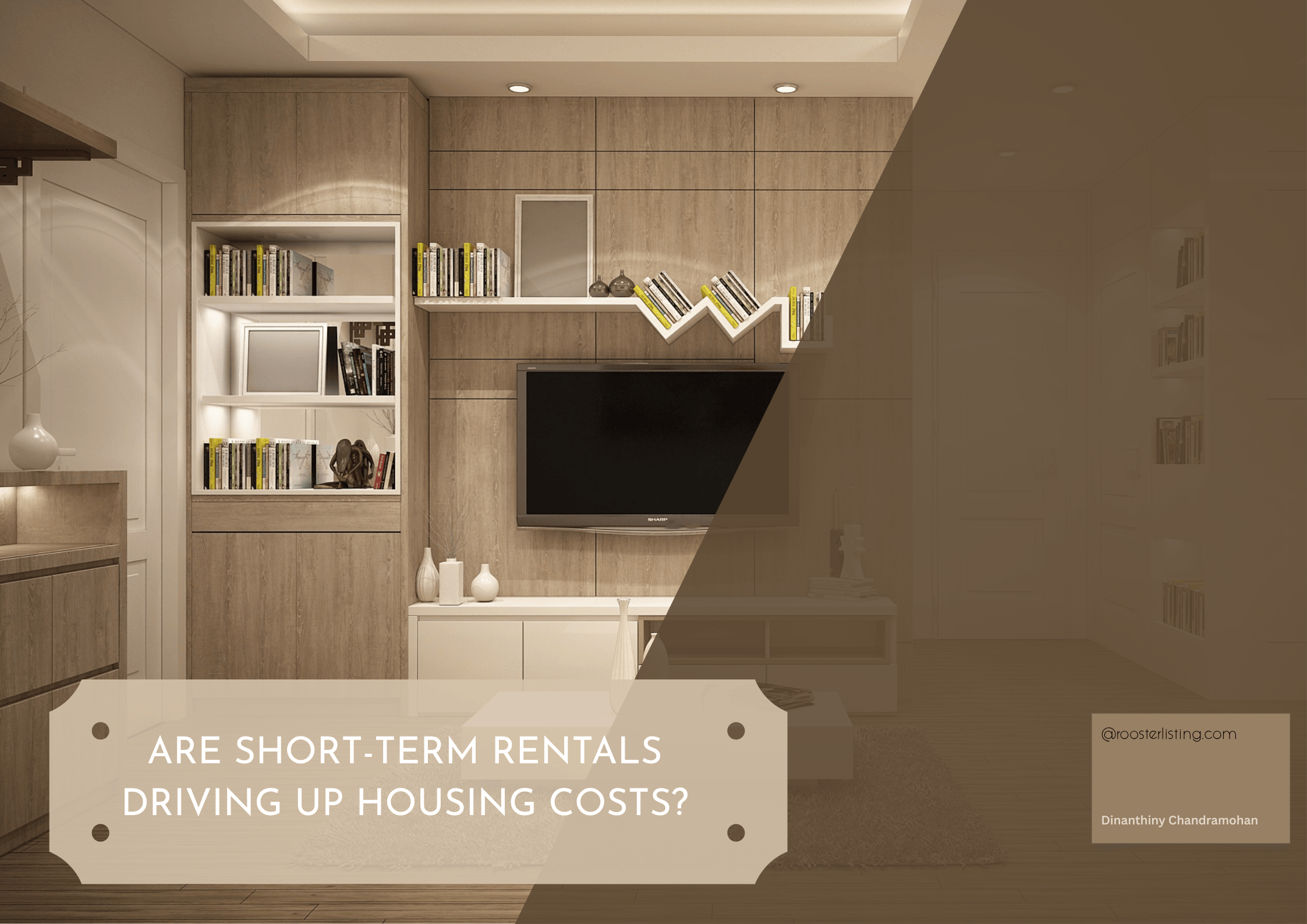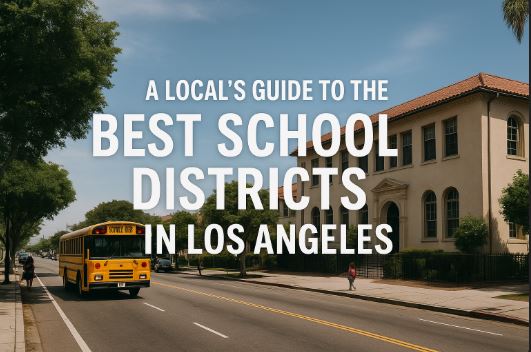Short term rentals have become a popular way for homeowners to earn extra income, especially in high-demand areas like the Bay Area, Los Angeles, and New York. Platforms like Airbnb and Vrbo make it easy to list a property for a few nights, a weekend, or a month, offering flexibility and financial relief for property owners.
But while short term rentals create income opportunities, they also raise concerns about their broader impact on housing availability, affordability, and neighborhood stability.
How Short Term Rentals Affect Long-Term Housing Availability
One of the main criticisms of short term rentals is that they reduce the supply of long-term rental housing. Many property owners convert long-term units into short term vacation rentals to earn more income per month.
In already tight housing markets, like San Francisco, and San Jose this shift worsens the shortage of affordable and stable rental options for families and workers.
Rising Rents and Property Values
Short term rentals can lead to higher property values and rising rents in popular neighborhoods. When investors buy homes solely to operate them as vacation stays, the demand for housing increases, but the supply for permanent residents shrinks.
Even homeowners with long-term tenants may feel pressure to raise rents, simply to stay competitive with what they could earn through short term rental platforms.
Gentrification and Displacement
As neighborhoods become popular with travelers, short term rentals often accelerate gentrification. Local residents — especially low-income renters, may be displaced as housing prices rise to meet tourist demand.
This can change the character of communities, replacing long-term residents with transient guests and putting pressure on local infrastructure and services.
The Push for Regulation
To balance the benefits and drawbacks, many cities have introduced short term rental regulations, including:
- Limiting the number of nights a home can be rented per year
- Requiring hosts to register or obtain permits
- Enforcing taxes and safety codes
These policies aim to protect housing stock while still allowing homeowners to benefit from short term rentals responsibly.
Conclusion: Finding the Balance with Short Term Rentals
Short term rentals can provide valuable income for homeowners — especially during economic downturns. But they also impact housing availability and affordability, particularly in urban areas.
To build healthy, equitable communities, cities and platforms must work together to ensure short term rentals do not displace long-term residents or inflate housing costs beyond reach.
Interested in exploring short term rentals or listing your property the right way?
Visit RoosterListing.com to discover smarter, balanced solutions for property owners and renters.








Leave a Reply